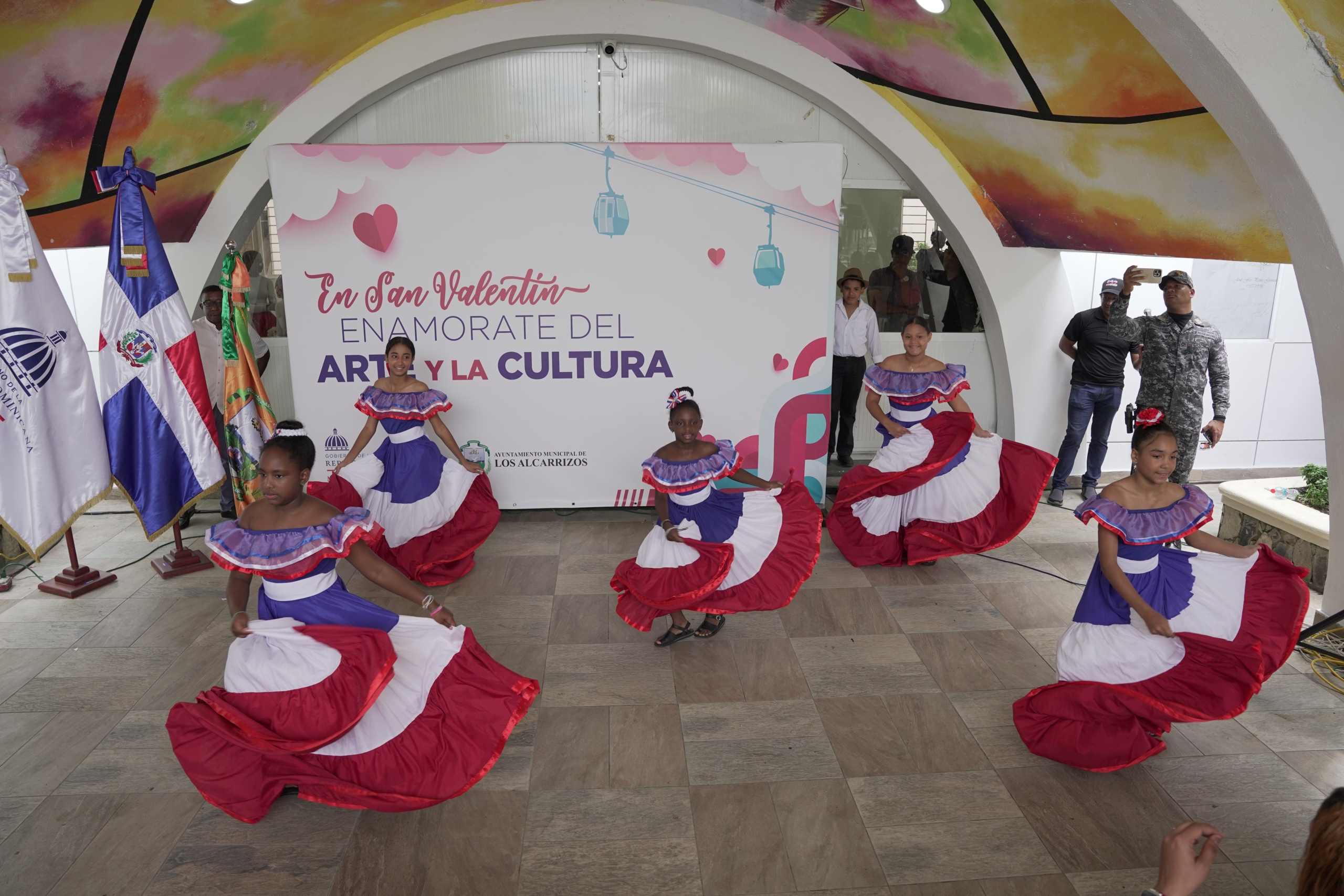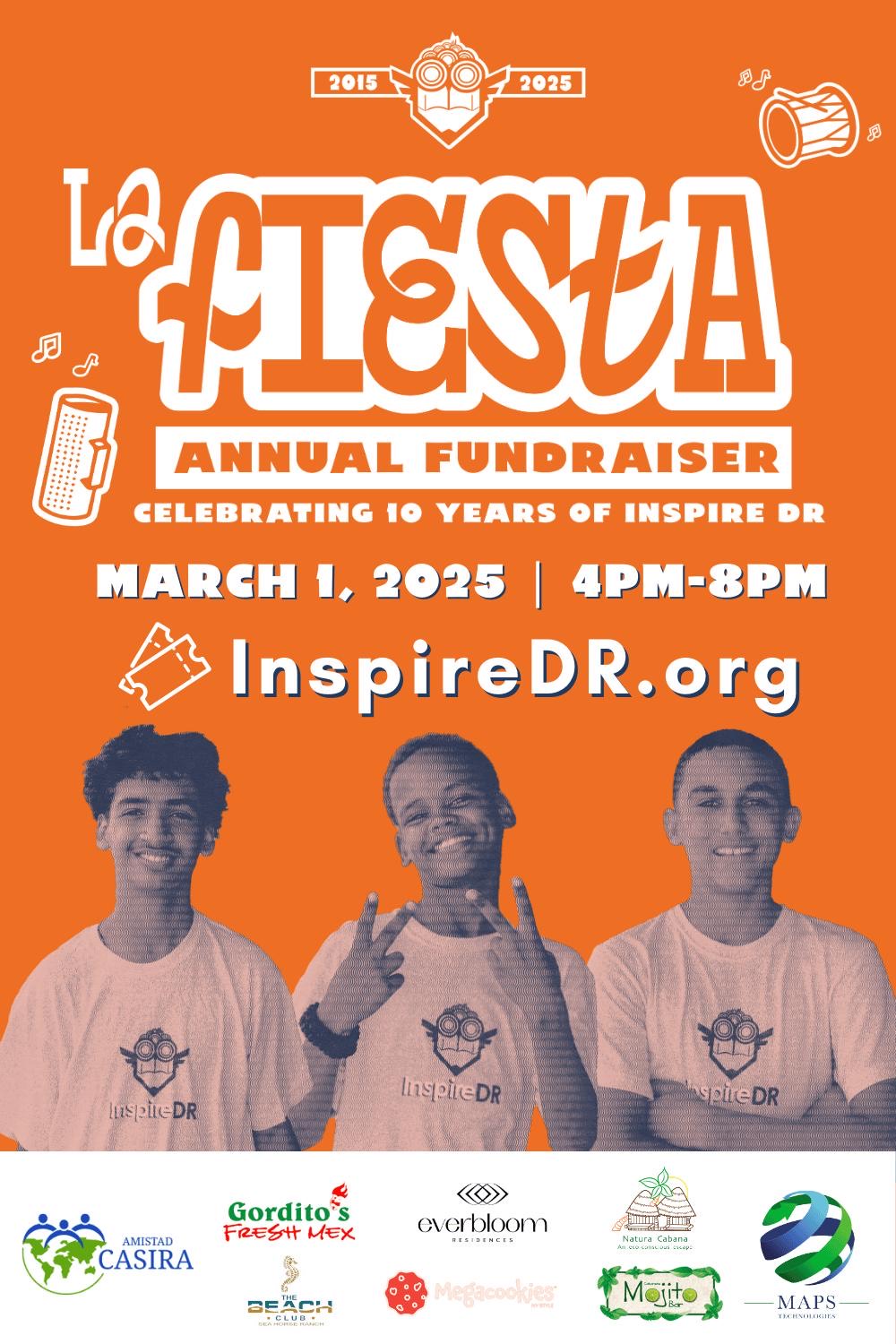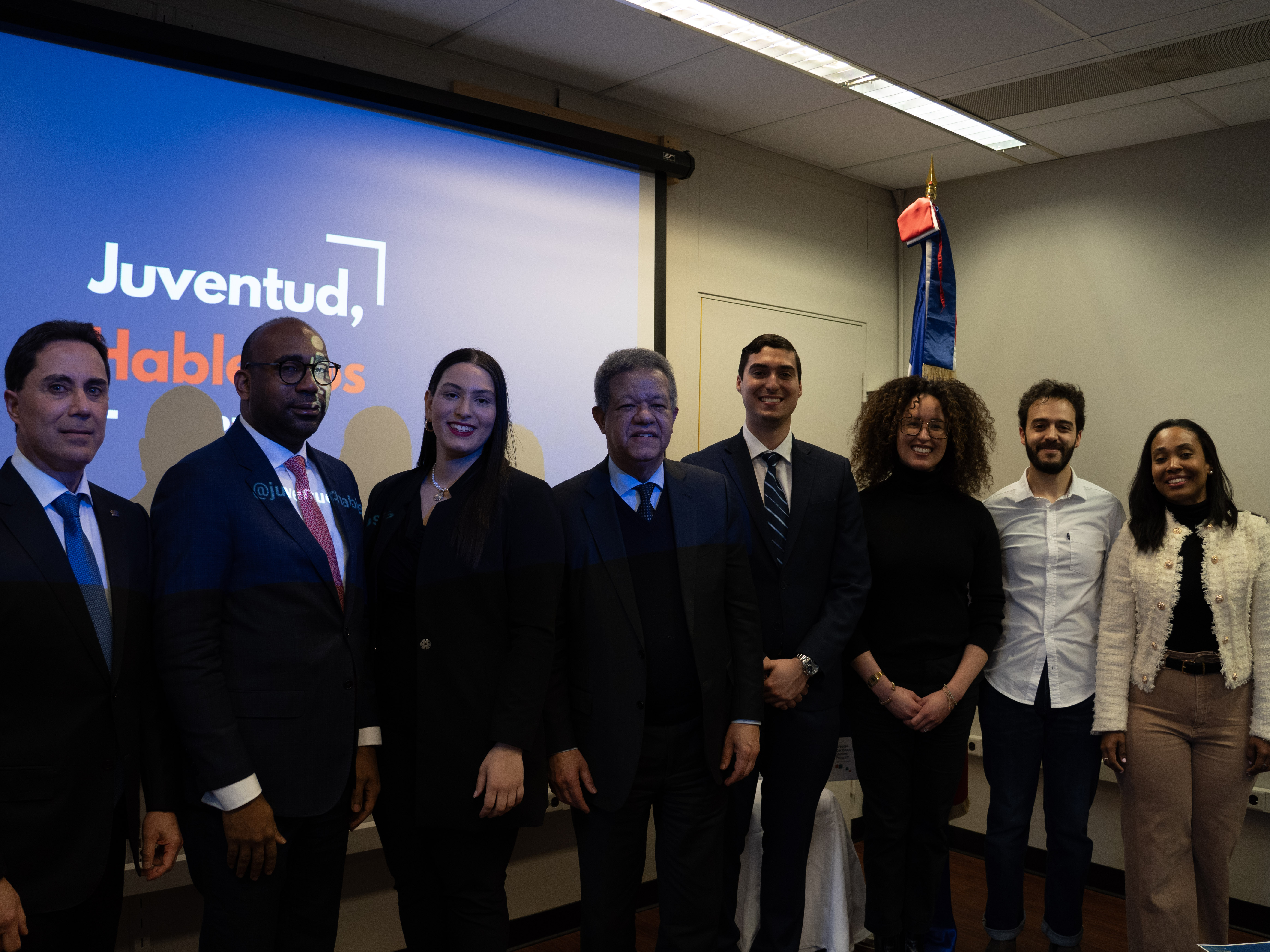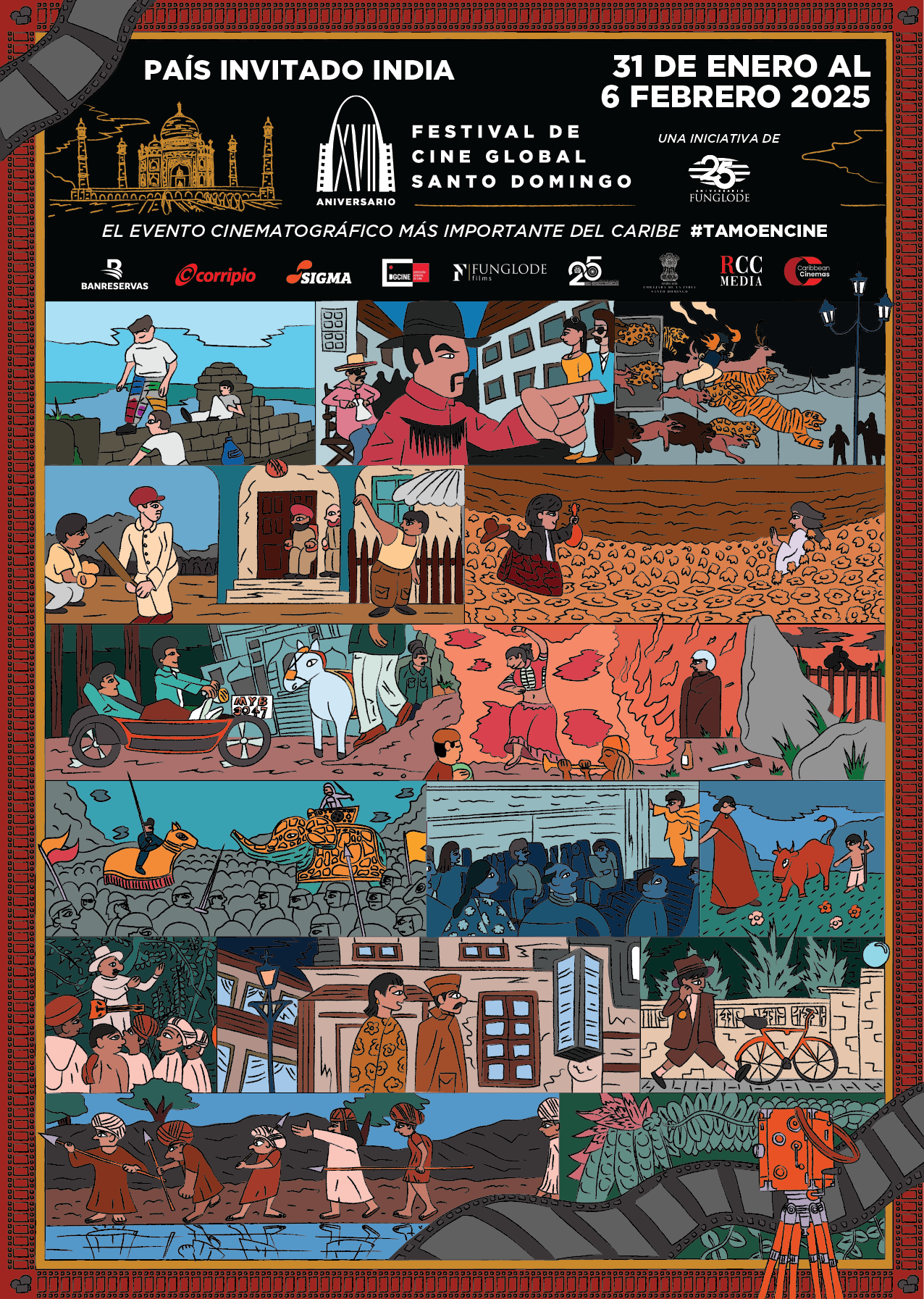Amarante Baret urges monitoring children’s access to the Internet; announces the use of networks in the 8-Hour School Day
 | Amarante Baret urges monitoring children’s access to the Internet; announces the use of networks in the 8-Hour School Day The Minister of Education, Mr. Carlos Amarante Baret, said today that although the Internet is a tool for people’s development, parents should monitor the content to which their children have access through networks at home and at relatives’ or close friends’ homes, and avoid any damages that may result from unrestricted searches and negative content promoted by people who use technology to do harm. He considered that bands of degenerate, perverted, and depraved persons use the Internet to make contact with our children, which should be blocked from entering our homes, so that we may protect our children. Amarante Baret made ??those remarks while participating in a special online program through Radio Educativa Dominicana (Dominican Educational Radio), in commemoration of the International Safer Internet Day, celebrated on Tuesday, February 11th. The Ministry of Education (MINERD) took advantage of the opportunity to re-launch the General Directorate of Computer Education, and broadcasted a special programming to mark the date. In his speech, the Minister of Education announced several computer projects, which will be an essential part of the 8-hour Day Program at all public schools, among them the school robotics, with about 100 clubs projected for this year, for students from secondary and basic education, as well as clubs of Information Technology and Communication (ITC), some for girls, because of the issue of gender inclusion. “That is a responsibility for the family in the first place; but it is ours as well. We need to educate our students in the safe use of the Internet. If we make progress on this issue, even minimally each year, then we will meet the objectives of such a beautiful revolution such as the scientific-technological revolution to be used in a healthy way by our students,” he said. Amarante Baret said that the Internet should be a tool to serve the majority and especially the most vulnerable sectors to reduce the digital divide. He stated that MINERD is able to contribute with its media and by having it serve the more than 2 million students in public schools and more than 70,000 teachers. He said that because the use of the information and communication technologies (ICTs) is a tool that should be used in all aspects of the curriculum, the Directorate of Informatics is working on the definition of contents to make them available to teachers and students. Robotics for the 8-hour School Day The Minister announced that robotics will be brought in to the over 500 schools with the 8–hour school day as one of the elements to be developed by the students after lunchtime, with plenty of time to develop different types of activities, including technology. With this in mind, we should start working for the remainder of the school year and provide a basis for expanding it in the next school year. He indicated that following the instructions of President Danilo Medina, all of these tools that the development of technology puts in the hands of mankind, accompanied by the new educational paradigm of the 8-hour school day, will come to our classrooms so that tomorrow we can have young people and citizens that are able to view the world critically, and also contribute to its transformation. We must care for the children For her part, Claudia Rita Abreu, Director of Computer Education, stated that “to leave a child alone in front of a computer is the same as leaving him alone on the street”. Therefore, she urged parents to supervise their children so that they do not get exposed to bad situations, or to materials that they are not ready to watch. Regarding the plans, she explained that the projection for this year is to implement the school robotics in about 100 clubs of students in secondary and basic education, and in ICT clubs, some for girls, because of the issue of gender inclusion, while others are for boys and girls starting during basic education. She underscored that these initiatives develop analytical and abstract thinking skills in students, and also promote math, science, and technology. Enhancing knowledge in the sciences and mathematics helps students get better results on the tests of the Program for International Student Assessment (PISA). To this end, it promotes a national project to integrate Educational Robotics in the current context of basic and secondary education. This project uses robots for educational purposes, and seeks to mainstream the curriculum in areas such as basic sciences and informatics. It will also create opportunities for the improvement of teaching and learning strategies, and will be available to teachers and students of educational institutions in the public sector. The project is aimed at children and young people between the ages of 8 and 16 in the public education system for basic and secondary levels, and to teachers in the areas of basic science and informatics. Incorporating Scratch in the classroom is based on projects that develop the abilities of the student in computational thinking, problem solving, collaboration, and communication. Since 2009, the country celebrates the International Safer Internet Day, an initiative that emerged in the European Union under the INSAFE program.
|

Related News
-

(Versión en español) MINC realiza el evento "Enamórate del Arte y la Cultura" en Los Alcarrizos
-

(Versión en español) InspireDR celebra una década de impacto con “La Fiesta 10” en Cabarete
-

(Versión en español) Organización “Juventud Hablemos” de la Universidad de Columbia y la GFDD copatrocinan a casa llena evento sobre “La evolución de la democracia en la República Dominicana”
-

(Versión en español) Realizan premiere del documental “El Padrino II: 50 años y su filmación en República Dominicana”
-

Actividad #1
Dónde:: Complejo Acuático Del Centro Olímpico Juan Pablo Duarte.
Días: 28 y 29 de noviembre 2016.
Precios: RD$1,1000.00 VIP, RD$600.00 gradas.




